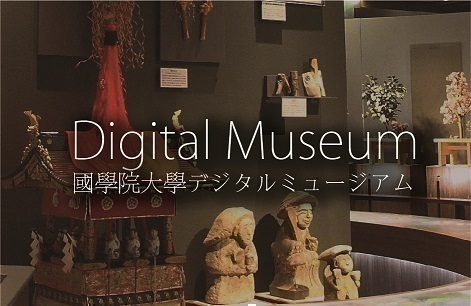- トップ
- Encyclopedia of Shinto
- Kukatachi
Encyclopedia of Shinto
| Main Menu: | |
| Links: |
詳細表示 (Complete Article)
| カテゴリー1: | 6. Belief and Practice |
|---|---|
| カテゴリー2: | Divination and Supplication |
| Title | Kukatachi |
| Text | "The Japanese characters are also read kugatachi. This ritual is a type of trial by divine will used to judge the legitimacy or veracity of a person's claim. After the person about whom there are suspicions is forced to swear an oath to the kami, their hand is plunged in boiling water and they are made to grope around. A guilty person will suffer severe burns, while a righteous one will not be burnt. The etymology of the word is not clear, but one theory suggests it is Korean in origin. As an archaic Japanese method for interpreting the divine will, kukatachi belongs to the category of divination by pledge (ukehi) whereby a person first performs some act of proof to the deities, after which the legitimacy of the claim is determined by the outcome of that act. Kukatachi is also written as 誓湯 or 探湯. ,The entry in The Chronicles of Japan (Nihon shoki, see Kojiki and Nihon shoki) for the 4th month of the 9th year of Emperor Ōjin's reign describes how Takeshiuchi no Sukune was nearly killed due to a slanderous accusation by his younger brother, Umashiuchi no Sukune. Takeshiuchi no Sukune proclaimed his undivided loyalty and the emperor, unable to judge his loyalty, made him perform a trial by water on the banks of the Shiki River. The entry for the 9th month of the 4th year of Empress Ingyō's reign is annotated as follows: "明神探湯 is read 区訶陀智 (i.e., kukatachi written phonetically). Mud is poured into a cauldron and boiled up. People then bare their arms and grope around in the boiling mud." The entry itself tells of how the ceremony was conducted as a way to settle the disorder that had emerged due to people laying claim to higher pedigrees and surnames not rightfully theirs. It relates that a large cauldron called a kukabe was placed on Amakashi Hill at Kotomakado Cape. clan representatives first purified themselves by cleansing their hair and bodies (mokuyoku saikai) and then put on yūdasuki (a hemp cord worn when performing rituals to keep the sleeves out of the way) before performing the water ordeal. Honest men were said to have had no problem while the dishonest suffered burns and quickly withdrew, so the good and bad could be immediately distinguished. The entry for the 9th month of the 24th year of Emperor Keitai's reign notes that the water ordeal was used when decisions could not be reached on suits between the people of Imna (in Japanese, Mimana) on the Korean Peninsula and Japanese. In later ages, kukatachi came to refer to the water boiled for purifying one's body and worshipping before a shrine's altar. An example of this can be found in Episode 21 of a miscellaneous essay (zuihitsu) by Ueda Akinari (1734-1809) titled "Records of the bold and timid" (Tandai shōshin roku): "Though on three occasions he entreated the deity to improve the situation, performed kukatachi as an offering, and performed kagura dance, the deity did not heed his prayers." *Yudate and yukishō petitions also trace their origins to this practice. See also yudate. — Nakajima Hiroko " |




